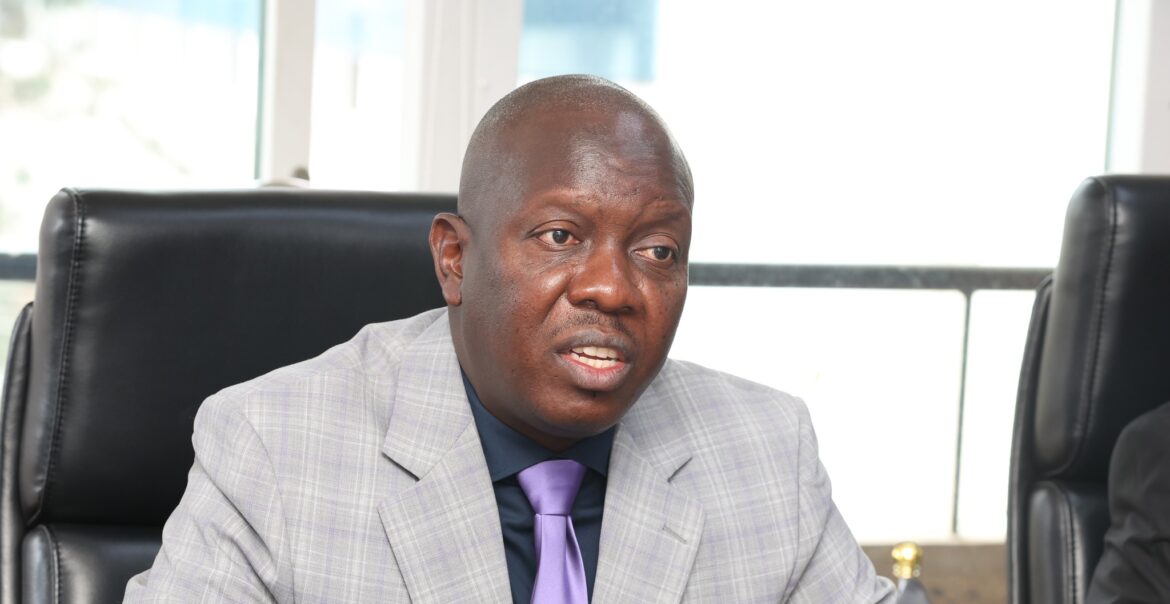The decision by Director of Public Prosecutions (DPP) Renson Ingonga to withdraw a Sh300 million land fraud case has once again drawn attention to his growing record of discontinuing high-profile prosecutions.
Milimani Principal Magistrate Geoffrey Onsarigo allowed the withdrawal after Mr Ingonga recommended that the dispute involving businessman Abdorahman Huchamsa, also known as Ahmed Nazil and Abdi, be settled in the Environment and Lands Court rather than through a criminal trial.
The businessman had been accused of forging title deeds to acquire four parcels of land in Embakasi, Nairobi, allegedly defrauding Pansiba Limited.
Citing Article 157(6) of the Constitution and Section 87A of the Criminal Procedure Code, the DPP argued that the matter was more suited to civil proceedings.
However, critics say this move mirrors a pattern in which serious allegations are deflected from criminal courts, raising concerns about the prosecutorial resolve in high-stakes economic crimes.

Through his X handle, social media activist Francis Gaitho wrote, “The Director ODPP Renson Ingonga went quiet after the protests to stay away from the heat, but he’s back to his old ways.
He’s now dropping cases like it’s a sport. Just last week, he yanked another one, with more to come.”
Pansiba Limited, through its lawyer Ben Musundi, expressed disappointment, insisting the case had a strong chance of conviction based on evidence gathered by the Directorate of Criminal Investigations (DCI).
“The Environment and Lands Court deals with disputes over land use and ownership, not crimes,” said Mr Musundi, signalling an intention to seek a High Court review of the decision.
Observers note that while the law grants the DPP discretion to terminate cases before judgment, repeated withdrawals risk undermining public confidence in the justice system.
In this instance, the accused faced allegations of fraudulent amalgamation of land parcels, forgery of provisional approval forms, and use of false documents to secure loans.
Mr Ingonga’s office maintains that such withdrawals do not prevent future charges on the same facts.
Yet, past instances suggest that once cases leave the criminal docket, they rarely return, leading to perceptions that powerful suspects can sidestep accountability through legal technicalities.
The High Court’s pending decision on whether to reinstate the trial could determine not only the fate of this case but also set the tone for how the DPP’s discretion will be viewed in future corruption and fraud matters.




